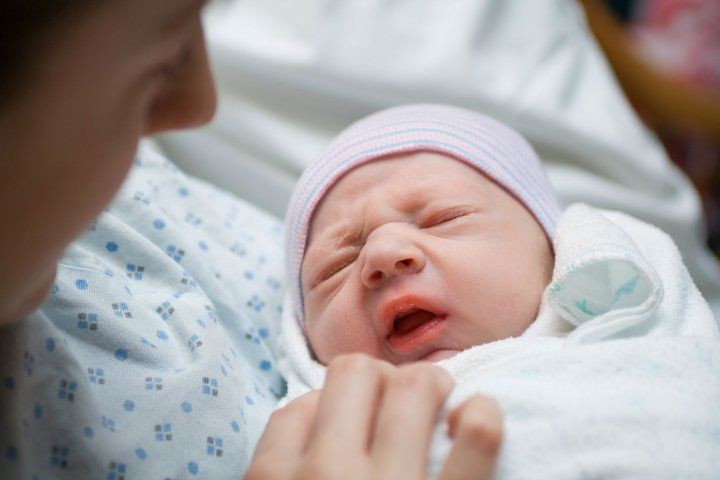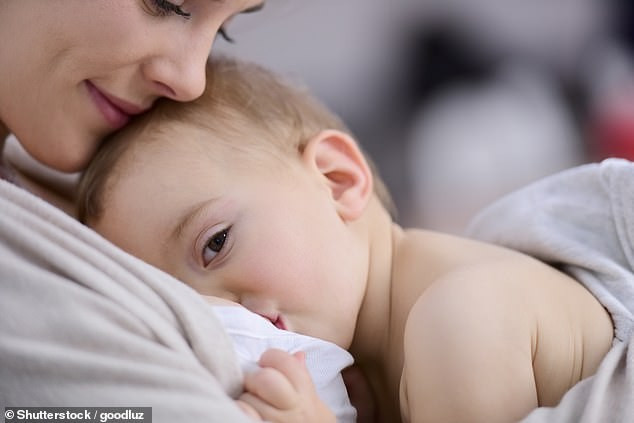Research by Irish scientists shows that the COVID-19 lockdown has led to two beneficial changes in babies' bodies, making them less susceptible to illness and allergies.

Researchers from University College Cork in Ireland found that babies born during the COVID-19 pandemic lockdown (COVID babies) have altered gut microbiomes.
The findings suggest that this change is beneficial to the health of children, leading to lower rates of allergic conditions, such as food allergies, in COVID babies compared to babies born before the pandemic.
COVID babies also needed fewer antibiotics to treat their illness.
The intestinal microbiota, including both beneficial and harmful bacteria, is one of the important factors that helps control the functioning of the immune system.
During and after birth, infants acquire bacteria from their mothers (vertical transmission) and then, especially after the first 6 months, they acquire bacteria from the environment or from nearby non-parental hosts (horizontal transmission).
The higher the diversity of gut microbiota, the better the health.
Researchers analyzed stool samples from 351 Irish babies born in the first three months of the COVID-19 pandemic, from March to May 2020, and compared them with stool samples from babies born before the pandemic.
They collected information about the children's diet, home environment and health via online questionnaires to calculate the variables.
Stool samples were collected at 6, 12, and 24 months, while allergy testing was performed at 12 and 24 months.
Research has found that COVID-19 newborns have more beneficial bacteria received from their mothers after birth, which acts as a protective measure, helping the baby's digestive system balance the intestinal microflora, fighting against allergies.
The figures also show that children born during the pandemic have lower rates of allergies. Only about 5% of COVID babies had food allergies by age 1, compared to 22.8% of children born before.
Researchers say mothers pass beneficial bacteria to their babies during pregnancy, and they also pick up additional beneficial bacteria from the environment after birth.

Research also shows that babies born during lockdown have fewer infections because they are not exposed to germs and bacteria. This means they need fewer antibiotics - which kill off beneficial bacteria - leading to a better microbiome.
Babies born during lockdown were also breastfed for longer, meaning they received more antibodies from breast milk to fight infections.
Among COVID-infected infants, only 17% required antibiotics before age 1, compared to 80% of pre-pandemic infants who required antibiotics by 12 months, the study found.
Senior author Liam O'Mahony, professor of immunology at University College Cork, said this was an "interesting result" and "correlated with higher levels of beneficial bacteria such as bifidobacteria."
Professor Jonathan Hourihane, consultant paediatrician at Children's Health Ireland Temple Street and lead author of the study, said the study provides a new perspective on the impact of early-life social isolation on the infant gut microbiome.
“The lower rates of allergies in infants during lockdown may indicate the impact of environmental and lifestyle factors, such as frequent use of antibiotics, on the rise in allergic diseases,” Professor Hourihane noted.
The researchers hope to check back with the children when they are five years old to see if there are any lasting effects from the initial changes in their gut microbiota.
TB (according to Vietnam+)